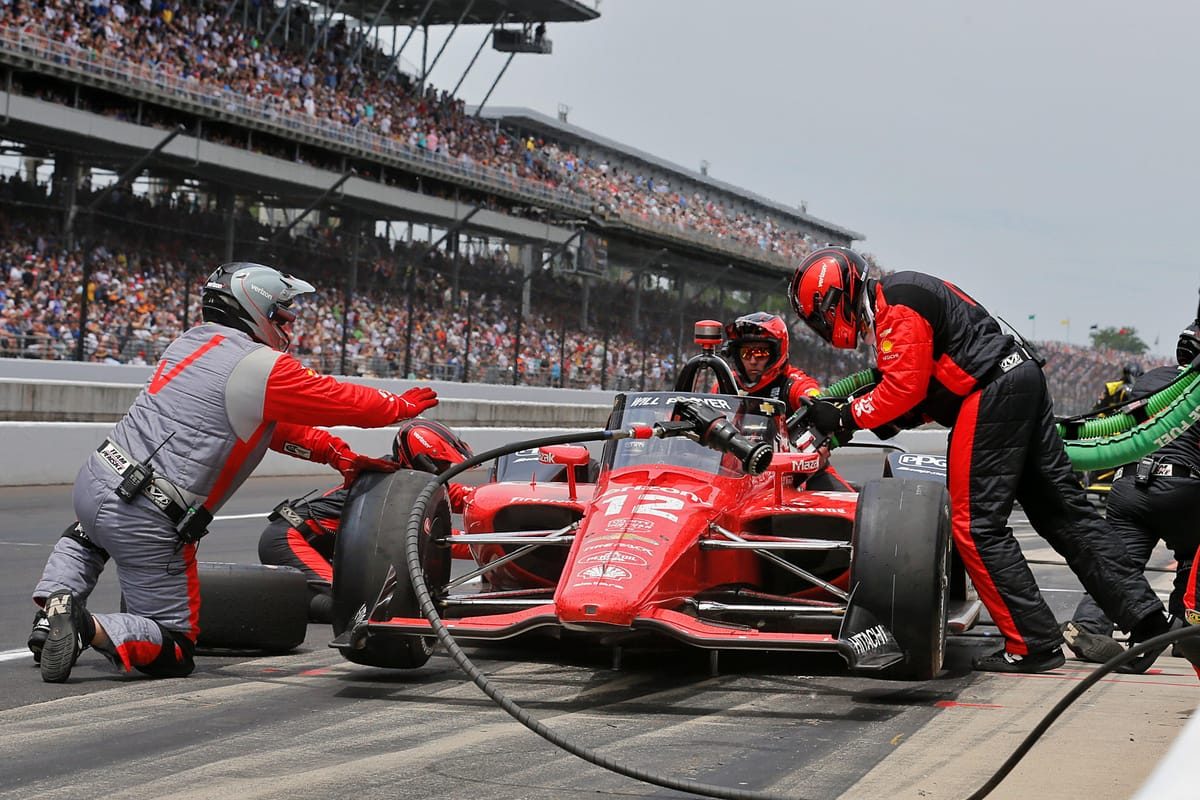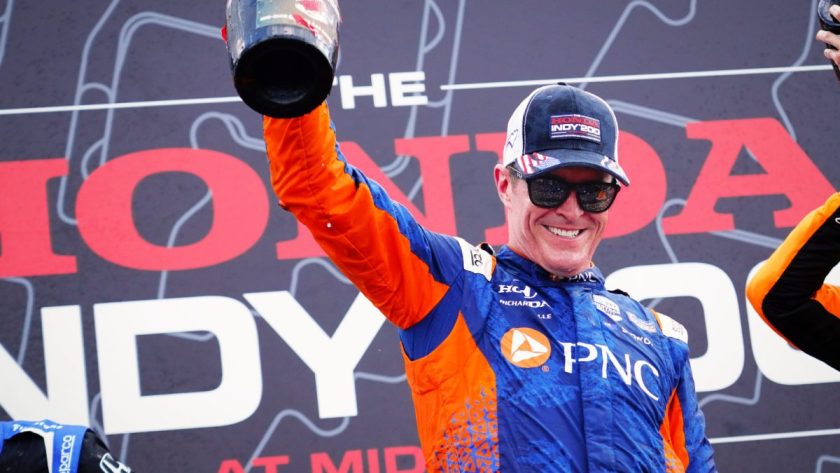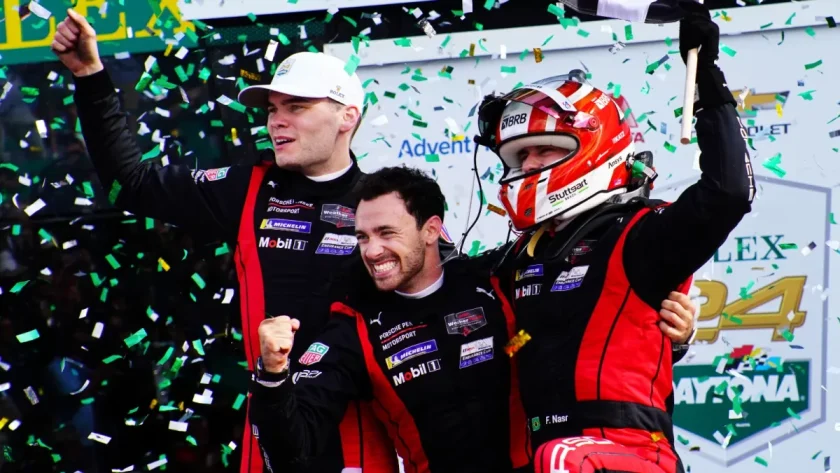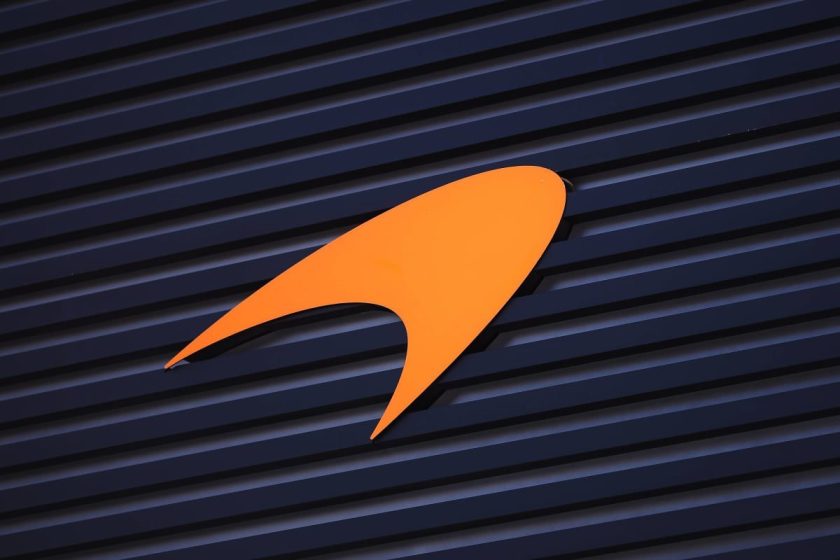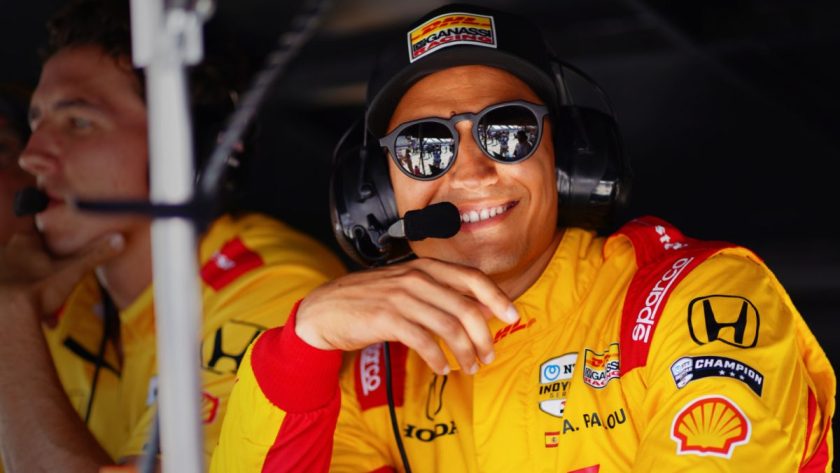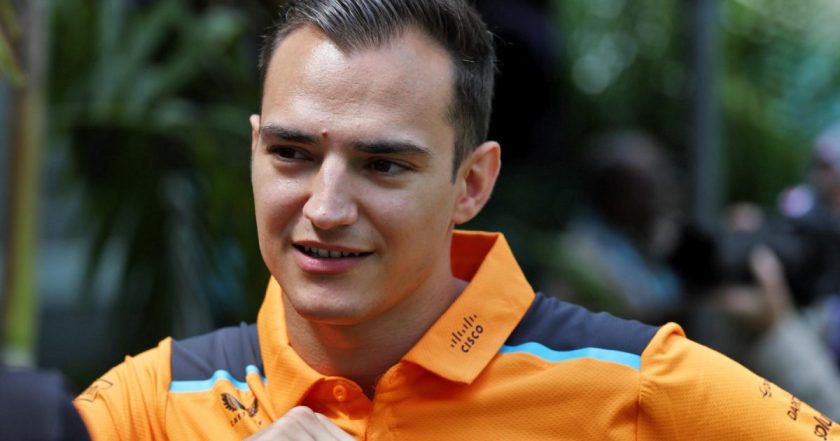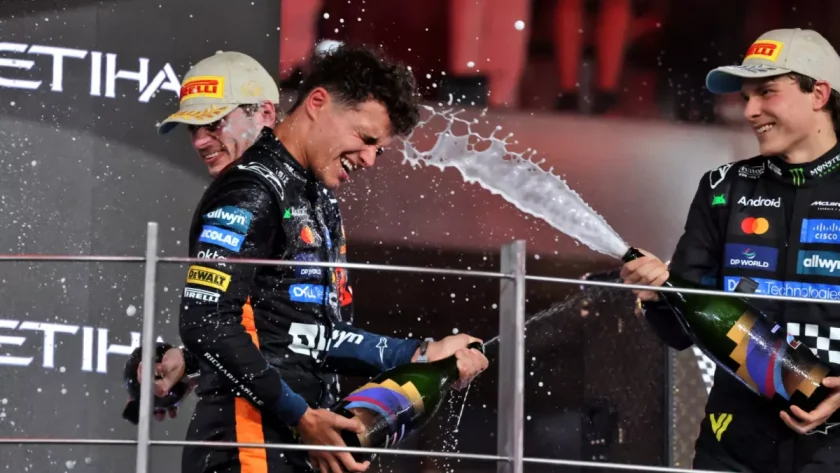P1racenews AI automatic summary:
It’s no secret that top IndyCar teams are putting more and more effort into pitstops – but what does that actually mean for pitcrews? Jack Benyon found out
not want to miss a beat, so we train relentlessly to improve our performance. We focus on every aspect of the pitstop, from the speed and precision of the tire changes to the efficiency of the refueling process. We also emphasize teamwork and communication, as these are crucial in executing a successful pitstop.
Over the years, there has been a shift towards a more systematic and professional approach to pit crew training. Teams now invest significant resources in developing their crews, with regular practices, strength training, and video analysis. This dedication has raised the standard of pitstops in IndyCar and made them a determining factor in race outcomes.
Both Team Penske and Chip Ganassi Racing have been at the forefront of this evolution, consistently producing some of the best pit crews in the sport. Their crews are well-drilled and have a deep understanding of the intricacies involved in a seamless pitstop.
In the end, it all comes down to hard work and continuous improvement. The demands of IndyCar racing require pit crews to be at their absolute best every race, and the top teams understand that. They leave no stone unturned in their quest for perfection, and it shows in their results on race day.
